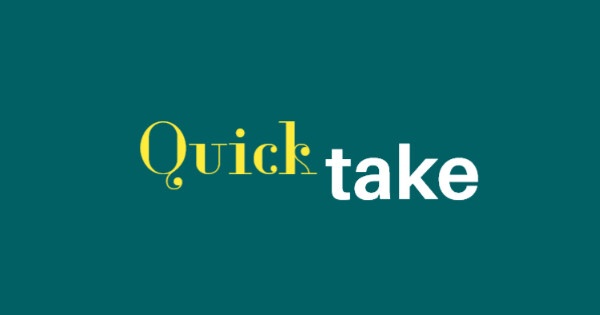Forbes has a long story on Portland, Oregon, probing whether the city has shot itself in the foot by all those protests, poor political leadership, high costs of living. One point has pertinence for Seattle: “Reputation may be Portland’s greatest damage. Coverage by newspapers, television and current affairs podcasts has been extensive, both across the country and worldwide. This is critical given that the area’s growth comes from in-migrants, mostly from other states in the U.S.” Same here.
That pairing of Seattle and Portland has long defined a complicated sibling rivalry. Portland, positioned where the Willamette and Columbia Rivers meet, resides across the toll-gates of Northwest commerce. The danger is falling asleep at the toll-booth. The Rose City faces inland, like a typical river-mouth city, supplying city goods and services to a hinterland.
By contrast, Seattle had to wait for the railroad and bestrode no significant river to the resource-rich hinterland, and so had to look outward to trade and to nurture disruptive newcomers who could start companies like Boeing, Microsoft, and Starbucks. Seattle and Washington don’t like to admit it, but we have also done much better on defense industries, including Boeing and the University of Washington. Our Sen. Henry Jackson, a hawk, brought back more bases and contracts than the Oregon doves Wayne Morse and Mark Hatfield. Seattle bet on airplanes in World War II, while Portland bet on shipbuilding, which mostly faded away.
The origin stories also differ. Portland came within a coin-flip of naming itself Boston, and it imitates Beantown with its first families and propriety and suspicion of newcomers. Seattle first called itself (or the Alki part of the city) New York, and we are rooted in change and trade and unions and creative destruction. A harbor town, a Port — not a sleepy river town. The question now: Which one will have more resilience and be better able to invent a post-pandemic city? Seattle’s clotted politics suggest a new winner in this long rivalry.

We will soon benefit from their latest drug acceptance laws, as we come to our senses.
My phrase about Seattle “nurturing disruptive newcomers” needs to be modified, since Bill Boeing, Bill Gates, and the Starbucks founders were all in town when starting their companies. Disruptive, yes.
Somehow I missed this striking fact about Portland: the city is awash in strip clubs. I’m at a loss to explain, but maybe the Boston-style repression is the cause? https://priceonomics.com/why-does-portland-have-so-many-strip-clubs/?
Well Mr. Brewster certainly does nothing to dispel the love of the rivalry!
The tone of this piece serves up an annoying, taunting nanny-nanny-na-na, who’s better than who….rather than what could have been something much less churlish—or nothing at all. The point of the piece does elude me.
“Awash in strip clubs”??
Come on.
“Suspicion of newcomers” is just strange.
I grew up in Portland, and have not lived there for 40 years. Yet I keep a close tabs, with much family and friends present. How much time has Mr. Brewster spent there?
Portland’s neighborhoods are literally full of outsiders who have brought their open minds and willing hearts to a ‘sleepy little river town’ which makes itself whatever it wants to, not being so captive to the moneyed whims of big industry and power-business.
I love both Portland and Seattle….cities uniquely their own flavor and spirit, needing no superficial comparison to one another.